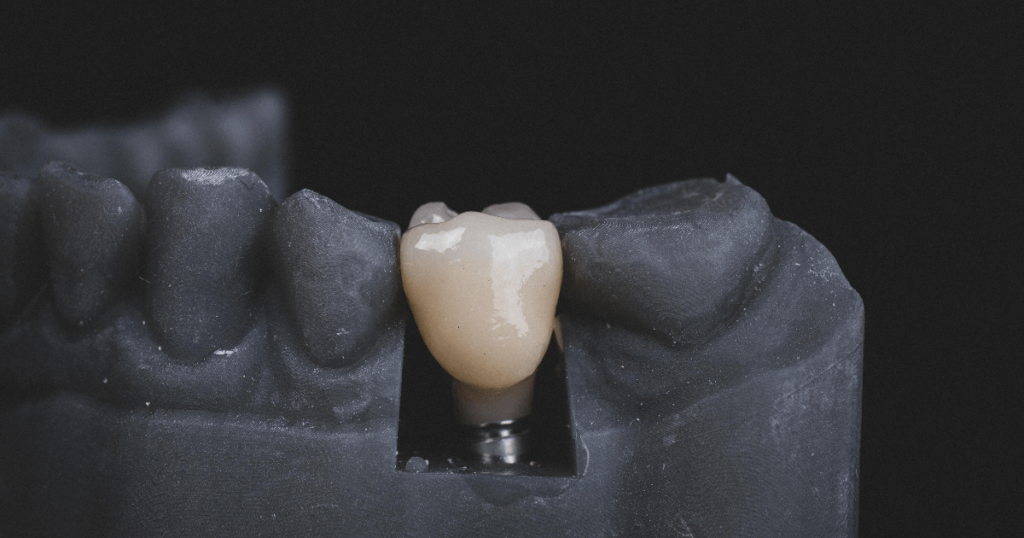Periodontal disease is a chronic inflammatory disease of the tissues surrounding a tooth and its advanced form is characterized by loss of periodontal ligament and destruction of surrounding alveolar bone.
Diabetes and periodontitis are common chronic diseases, both having complex pathogenesis. Diabetes is a global issue, affecting about 422 million people worldwide as per WHO reports. Furthermore, 1.5 million deaths are directly attributed to diabetes every year. The number of cases and the prevalence of these diseases have been reported to be increasing over the past few decades.
Periodontal disease is a chronic inflammatory disease of the tissues surrounding a tooth and its advanced form is characterized by loss of periodontal ligament and destruction of surrounding alveolar bone. It is the most common cause of tooth loss and a huge threat to oral health. As per WHO reports, severe periodontal diseases affect around 19% of the global adult population, representing more than 1 billion cases globally.

Diabetes has a significant effect on periodontitis. The link between these diseases is the chronic inflammation mechanism. The tumor necrosis factor and level of inflammation in a patient with diabetes is more than the general population.
Periodontitis is an open cavity so it is difficult to treat and there is a repeated stimulation coming from harmful substances that require reasonable treatment,maintenance of oral hygiene to control risk factors. There is a relationship between periodontitis and diabetes.
The level of blood sugar and risk of diabetes can be decreased with effective treatment of periodontitis. There are various meta-analyses that augment the reduction in the level of glycated hemoglobin with the treatment of periodontal disease. With six months of professional periodontal treatment there has been found improvement in such cases.
Diabetes has a significant effect on periodontitis. The link between these diseases is the chronic inflammation mechanism. The tumor necrosis factor and level of inflammation in a patient with diabetes is more than the general population. Thus, the level of inflammation in the periodontal tissue of patients with diabetes is also significantly increased and manifested with the increased level of local inflammatory factors; this results in increased vascular permeability and inflammatory cell infiltration. Lowering blood sugar level reduces the inflammatory load or inhibits inflammatory activity in diabetic patients. The treatment of periodontitis also significantly decreases the level of systemic inflammation in diabetic patients.To have a good periodontal health condition, keep your diabetes under control and vice versa.
Composed by: “Dr. Sushmita Esh is working as a Medical Writer at HealthMinds Consulting Pvt. Ltd. She specializes in Conservative Dentistry & Endodontics. “
“Dr. Avik Narayan Chatterjee runs his own Multispeciality Dental clinic at Kolkata and specializes in Paediatrics & Preventive Dentistry.”

